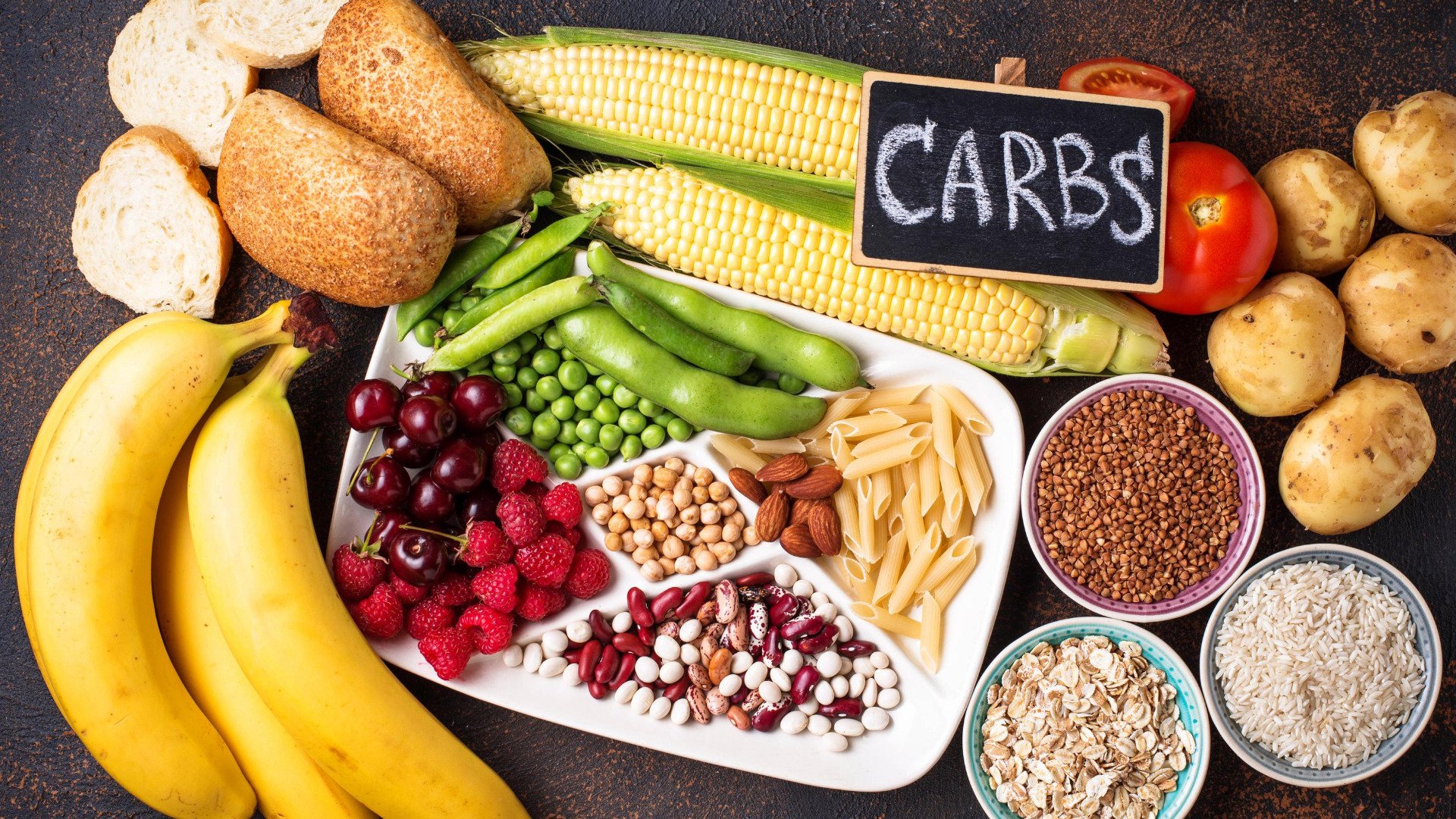While a common weight loss recommendation is to reduce jadłospis niskowęglowodanowy intake (primarily foods like breads, cereals, pastas, and sweets), for many people it is unclear why this is so important. In fact, even some doctors and scientists insist that weight loss is a simple matter of burning more calories than one consumes and it doesn’t matter what kind of foods those calories come from.
cereals, pastas, and sweets), for many people it is unclear why this is so important. In fact, even some doctors and scientists insist that weight loss is a simple matter of burning more calories than one consumes and it doesn’t matter what kind of foods those calories come from.
This may seem logical at first, but with a greater understanding of how the body processes carbohydrates, it becomes readily apparent that certain kinds of calories are much easier to burn than others and consuming large amounts of carbohydrates, even in the context of a relatively low-calorie diet, most definitely predisposes the body to storing fat.
At the heart of the matter is the hormone insulin. The function of insulin is to stimulate the cells to take up sugar from the bloodstream (when blood sugar is high, as it typically is shortly after eating) and store it for reserve energy.
The surplus of sugar in the bloodstream is initially stored in the tissues of the liver and large muscles in the form of glycogen. Glycogen can be quickly converted back to blood sugar when needed for energy to fuel sudden bursts of activity. The available storage space for glycogen is pretty limited, and when insulin has caused the glycogen storage to be filled up, the remaining excess blood sugar is stored as fat.
There is considerably more storage space in the body for fat than there is for glycogen. There are billions of fat cells in the body, each of which can enlarge to over 100 times it’s original size to accomodate extra fat storage. As an aside, this is why it is possible to get fat again after liposuction – even if you remove many of the body’s fat cells, those that remain can enlarge considerably to store fat.
Insulin is extremely powerful in its fat storage effects. In fact, not only does it stimulate fat storage, high levels of insulin block the effects of the body’s fat burning mechanisms. It is for this reason that minimizing the intake of high-carb foods is so important.
High carbohydrate intake (and it really doesn’t need to be very high) stimulates the release of large quantities of insulin. Large amounts of circulating insulin will strongly inhibit the body from being able to burn fat for a period of 1 to 2 days!
In fact, a single meal containing 20 to 25 grams of refined carbohydrates (about the amount in a slice of sandwich bread) can completely block your ability to burn fat for 1 to 2 days – regardless of what you eat and how much or how hard you may exercise during that time.
Now, that last point is sometimes confusing to people because many people eat relatively high amounts of carbohydrate and still manage to lose weight – at least in the short-term. Notice that I said that high carbohydrate intake causes high insulin production that blocks FAT burning.
You can still lose water weight through various methods (if you happen to be eating a low protein and low fat diet, you will typically lose a lot of water weight), and you can still burn calories, but what you burn will be glycogen and lean body tissue (protein from your muscles) and not fat.
As you may be aware, lean body tissue (muscle) is highly metabolically active, and if you burn that tissue, ultimately your metabolism will slow down, making it harder and harder to lose weight. Because of the effects of insulin, minimizing carbohydrate intake is strongly recommended for sustainable fat burning and the most efficient and lasting natural weight loss.
